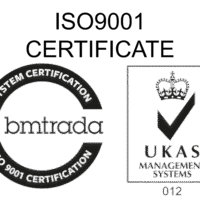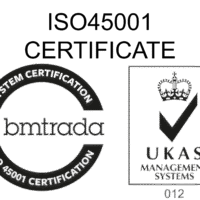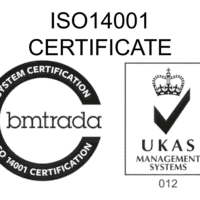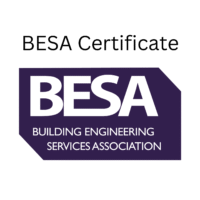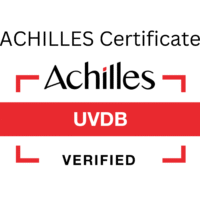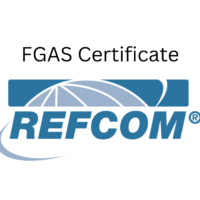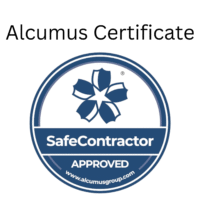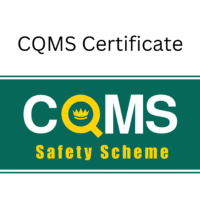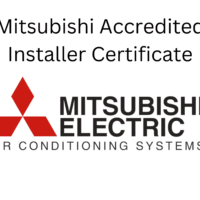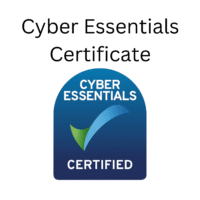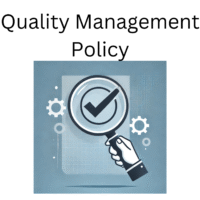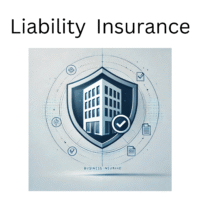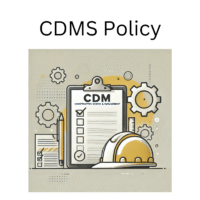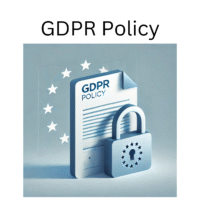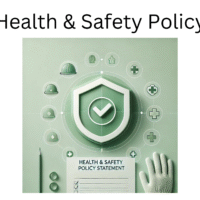TM44 Air Conditioning Inspections are required for buildings where air conditioning systems have a combined total cooling capacity greater than 12kW, and these inspections must be carried out every 5 years by an accredited air conditioning energy assessor.
TM44 AIR CONDITIONING INSPECTIONS
Our air conditioning inspections will help you avoid costly penalties.
The penalty for failing to have an air conditioning inspection report filed is £300 and is a legal requirement under The Energy Performance of Buildings (Certificates and Inspections (England and Wales) Regulations. Trading Standards will enforce the penalty per building at their discretion.
Only reports that have been produced and lodged by an accredited air conditioning assessor are valid reports, and there are two types of inspections that can be offered depending on the type of air conditioning systems installed in your building.
- Level 3 inspection focuses on simple systems such as packaged split systems installed in a naturally ventilated building.
- Level 4 inspection is required for buildings that contain more complex systems such as mechanically ventilated buildings.
All of our air conditioning energy assessors are fully accredited with many able to deliver both level 3 and level 4 assessments, and we offer nationwide coverage as required.
The benefit of air conditioning inspections
The Inspection is designed to improve the efficiency, energy consumption, operating costs, and carbon emissions of the air conditioning systems installed in your building.
Low-cost or no-cost inspections
Although there is no legal requirement for you to act on the recommendations made in our report, many of the saving opportunities we identify will be low cost or no cost changes, which can be implemented quickly and inexpensively, and the savings made will often cover the cost of your inspection.
Looking for HVAC, air conditioning, and refrigeration services in Morecambe, Lancaster, and Lancashire?
Your air conditioning inspection report will include the following information:
- Executive summary and key recommendations.
- The efficiency of the system and suggestions for improvement.
- Any faults identified during the inspection and suggested actions.
- The adequacy of equipment maintenance and any suggestions for improvement.
- The adequacy of the installed controls and control settings and any suggestions made for improvement.
- The size of the installed system in relation to the cooling loads and any suggestions for improvement.
A non-invasive survey process
Our air conditioning inspection is a non-invasive process and will include examination of the building’s refrigeration equipment, controls, and sampling in accordance with the regulation requirements. Our assessor will also determine the equipment’s suitability in size to manage cooling loads and review system documentation. For more information about air conditioning requirements, the Department for Communities and Local Government has produced A Guide to Air Conditioning Inspections for Buildings.
What legal requirements and duties apply to the energy performance of buildings?
If you own, operate or manage a building with air conditioning systems that have an effective rated output over 12kW, and are used for the benefit of people present in the area, you must put in place a programme of energy performance certification and inspections for these systems. This is required under the Energy Performance of Buildings Regulations 2007 (EPBR) in England and Wales, or the Energy Performance of Buildings Regulations 2008 (EPBR) in Northern Ireland. These regulations are designed to ensure that you take steps to minimise the energy waste of your buildings. These regulations are split into three key sections:
- Energy Performance Certificates (EPCs), required for certain domestic dwellings and non-domestic properties that are sold or let.
- Display Energy Certificates (DECs), mandatory for public buildings that serve a large number of people with a total useful floor area greater than 250m².
- Air Conditioning Inspections, which must be completed at least every five years for systems with an output greater than 12kW.
We use experienced, accredited energy assessors that can support you with the above, helping you comply with EPBR, identify energy losses, and save money across your organisation.
What do our building energy audits and inspections involve?
We offer a varied range of energy audit and inspection services to commercial customers, helping you ensure compliance with EPBR and that your equipment is as energy-efficient as possible. We utilise skilled, accredited energy assessors, who thoroughly check your air conditioning systems to locate any issues, assess components, controls and settings, as well as advise on steps to improve the efficiency of your units. These end-to-end TM44 inspections leave no stone unturned, providing you with a valuable advisory report on how to reduce your energy consumption.
We can also work on your DEC and EPC certificates, giving you a clear indication of the energy rating of your buildings, and a list of cost-effective measures to maximise your efficiencies. Other bespoke services we offer our commercial customers include:
- Non-statutory energy audits and reports, helping you identify where major energy savings can be made.
- Non-statutory inspections of your boilers, assessing their efficiency and highlighting areas for improvement.
How do you benefit from building energy audits and inspections?
Regular energy audits and inspections are more than just a legal requirement – they can unlock major benefits for your business, including:
- Lower running costs thanks to greater efficiency and lower consumption.
- Improved efficiency of building stock.
- Increased marketability of your buildings to potential tenants.
- Reduced carbon footprint.
- Potential improvements to your EPC and DEC ratings.
Talk to our team to discover the advantages of a more energy-efficient business.
How long are EPC’s and DEC’s valid?
EPCs, and their accompanying advisory reports, are valid for ten years upon being issued. DECs depend on the size of your building. If the area is between 250m² and 999m², then your DEC and advisory report are valid for ten years. If the area is 1000m² or greater, your DEC is valid for 12 months, and the advisory report is valid for seven years.

